
I wanted to give honor and tribute to Miriam Makeba. (March 4,1932 - November 10, 2008) Here is a bit of herstory I found on the web at wikipedia and some videos of her songs:
She was a South African singer and civil rights activist. She was born in Johannesburg, South Africa to a Swazi Sangoma mother and Xhosa father. She began singing when she was a child and started her professional career in the 1950s with the Manhattan Brothers then formed her own group called the Skylarks - blending the sounds of jazz and traditional South African melodies.
Her break came when she starred in the anti-apartheid documentary Come Back, Africa in 1959 by independent filmmaker Lionel Rogosin. In 1966, Makeba won a Grammy Award for Best Folk Recording together with Harry Belafonte for An Evening With Belafonte/Makeba. The album dealt with the political plight of black South Africans under apartheid which resulted in her South African passport being revoked.
This did not move Makeba, in 1963 she testified against apartheid before the United Nations - with this South Africa revoked her citizenship and her right to ever return to her country.
In exile, Makeba went on to release her famous hits, "Pata Pata", "The Click Song" and "Malaika". In 1968 she married civil rights activist and Student Non-violent Coordinating Committee leader Stokely Carmichael which caused controversy in the United States, and her record deals and tours were canceled. As a result of this, the couple moved to Guinea, where they became close with President Ahmed Sékou Touré and his wife. Makeba separated from Carmichael in 1973, and continued to perform primarily in Africa, South America and Europe. She was one of the African and Afro-American entertainers at the 1974 Rumble in the Jungle match between Muhammad Ali and George Foreman held in Zaïre. Makeba also served as a Guinean delegate to the United Nations, for which she won the Dag Hammarskjöld Peace Prize in 1986.
After the death of her only daughter Bongi Makeba in 1985, she moved to Brussels. In 1987, she appeared in Paul Simon's Graceland tour. Shortly thereafter she published her autobiography Makeba: My Story (ISBN 0-453-00561-6).
It was not until 1990 that Makeba returned to South Africa at the request of Nelson Mandela. In January 2000, her album, Homeland, produced by Cedric Samson and Michael Levinsohn[5] was nominated for a Grammy Award in the "Best World Music" category[6]. In 2001 she was awarded the Gold Otto Hahn Peace Medal by the United Nations Association of Germany (DGVN) in Berlin, "for outstanding services to peace and international understanding". In 2002, she shared the Polar Music Prize with Sofia Gubaidulina. In 2004, Makeba was voted 38th in the Top 100 Great South Africans. Makeba started a worldwide farewell tour in 2005, holding concerts in all of those countries that she had visited during her working life.
Makeba addresses the United Nations...
On November 10, 2008 Makeba suffered a heart attack on stage while giving a benefit concert for writer Roberto Saviano in his stand against the Camorra a mafia-like organization local to the Region of Campania, Italy. The final song she performed was "Pata Pata".

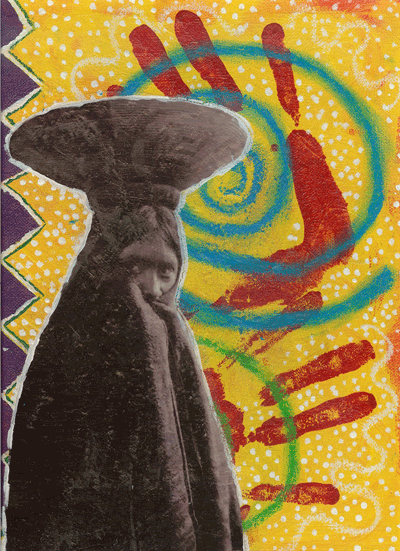
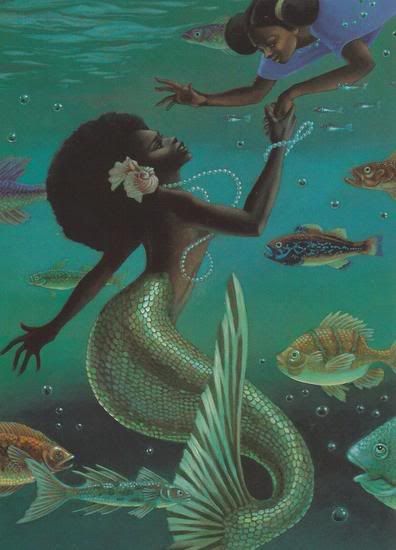
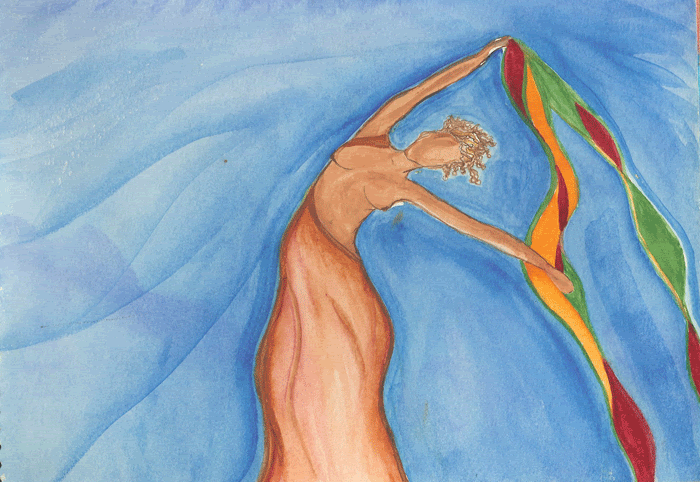
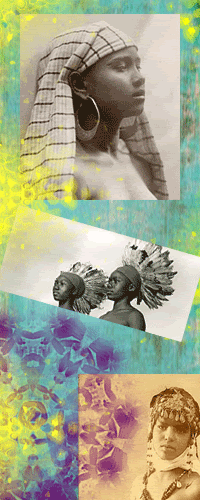










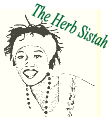


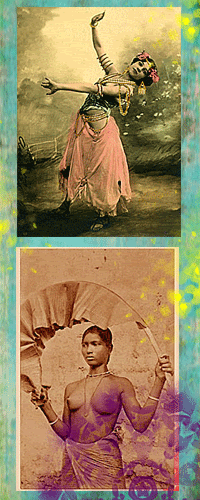
1 comments:
Thank you for this.
My heart breaks, yet I'm uplifted.
Madam Makeba was one of the singers that my parents introduced me to along with Nina Simone and countless powerful others.
The world is that much better that she lived, and your tribute to her is beautiful.
Thank you
-Sistah J
Post a Comment